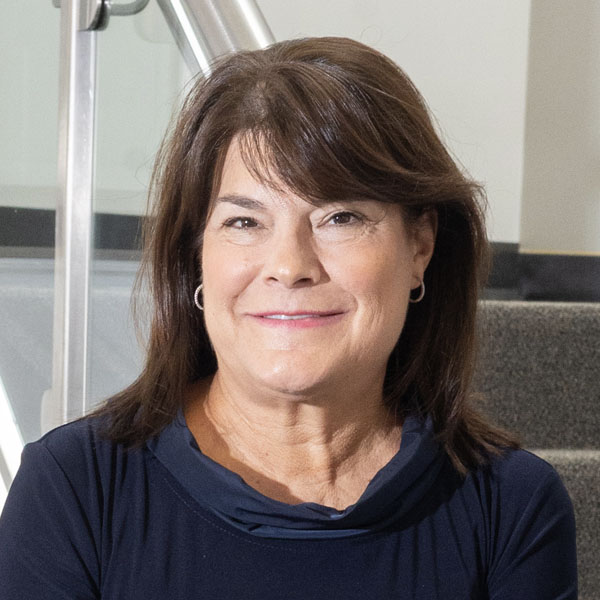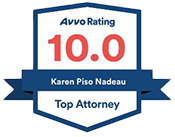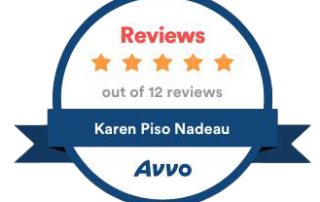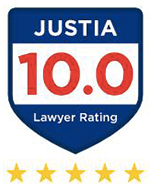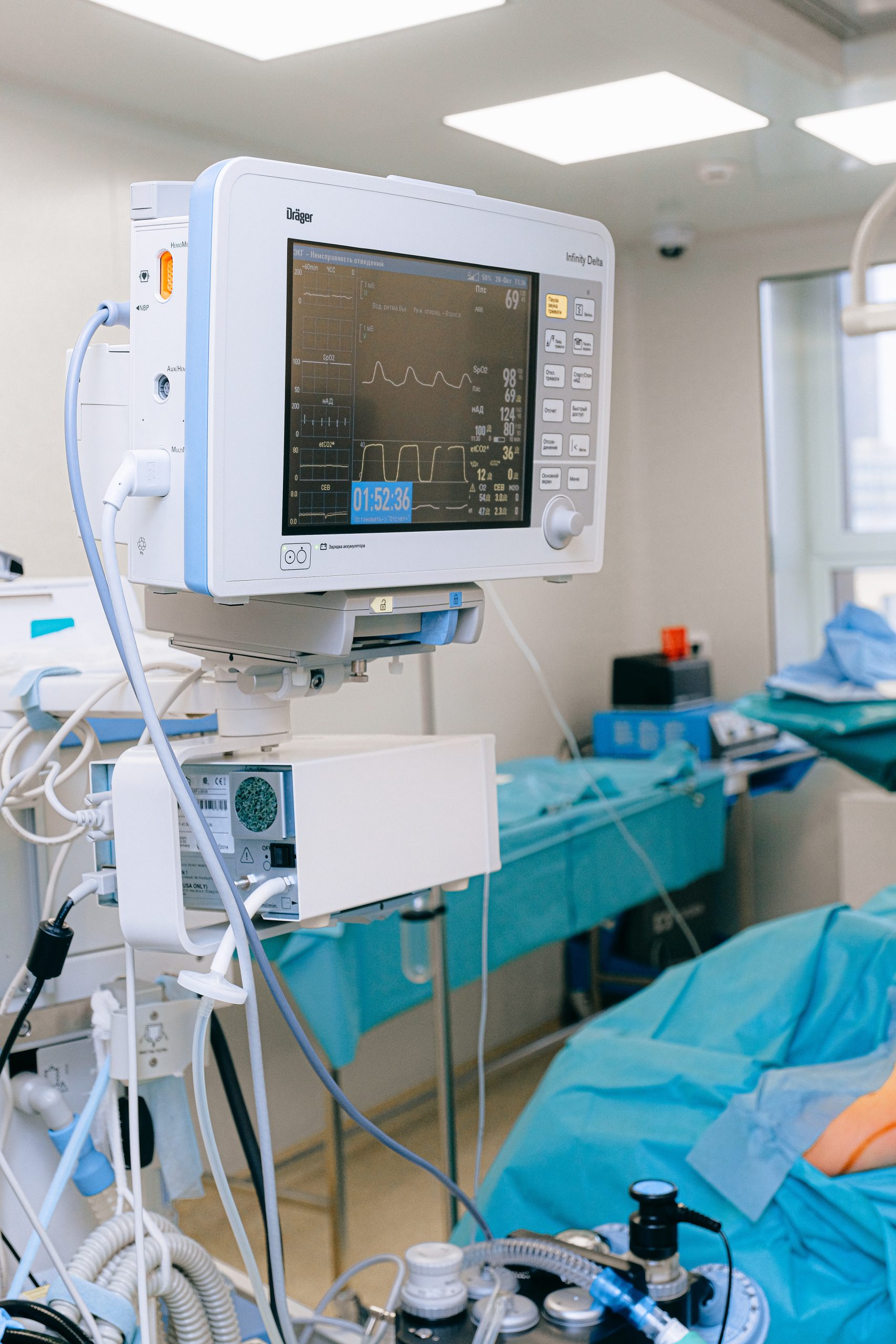
By: Leslie S. Harkavy, Esq.
Being involved in an auto accident in Massachusetts can be a life-altering experience, both physically and financially. In Massachusetts, understanding who is responsible for paying your medical bills after an accident is crucial. This blog will identify how you can ensure your medical expenses are covered if you are involved in an automobile accident in Massachusetts.
1. Personal Injury Protection (PIP) Coverage
Massachusetts operates under a no-fault insurance system, which means that regardless of who is at fault for the accident, each individual’s own insurance company is responsible for covering their medical expenses up to a certain limit. This system aims to provide prompt compensation and avoid lengthy legal battles.
Personal Injury Protection (PIP) coverage is required in Massachusetts, and it covers medical bills and lost wages up to $8,000 resulting from auto accidents. PIP coverage pays medical expenses, lost wages, and certain other accident-related costs are covered, regardless of fault. M.G.L. c. 90, Sections 34A and 34M define PIP benefits under a standard Massachusetts motor vehicle liability insurance policy and Section 34A provides for the coordination of benefits between health insurance carriers and automobile insurers.
2. Medical Payment Coverage (MedPay)
Medical Payment Coverage (MedPay) is an optional automobile coverage that can be added to your auto insurance policy. Under this part of the policy, the auto carrier will pay reasonable expenses for necessary medical and funeral services incurred as a result of an accident. MedPay covers medical expenses related to an auto accident, regardless of fault. This coverage can be used to pay for deductibles, co-pays, or medical expenses exceeding your PIP coverage limit, providing additional financial protection. Unlike PIP coverage, it does not cover lost wages or replacement services. Generally, MedPay pays patient copayments, coinsurance or deductibles, health care services not covered under health coverage or services not part of coverage network or provided without prior authorization under the health coverage.
3. Private Health Insurance
You may have private health insurance to pay your claim. If you have private health insurance, PIP will pay the first $2,000 in medical bills, and then your private health insurance pays the rest.
4. Medicare
Medicare medical health insurance coverage is available to persons 65 and older and others who qualify due to a disability. Medicare will start paying after the $8,000 in PIP is exhausted. We have also seen cases where Medicare may demand payment of MedPay coverage prior to the claim being resolved. If you are injured in an automobile accident, and receive a monetary settlement, Medicare has an automatic lien on your case and you are required to repay Medicare because Medicare paid for medical care related to the recovery of your case. The Medicare Secondary Payer (MSP) law allows Medicare to pay conditionally for medical care received by a Medicare beneficiary related to an injury case. However, the law also requires Medicare to recover those payments if payment of a settlement, judgement, award or other payment has been or could be made. Title 42, US Code, Section 1395(b)(2) and Section 411.20. Medicare determines what payments are related. It then reduces the amount required to be repaid by taking into consideration the costs (such as attorney’s fees) paid by the beneficiary to obtain a judgement award or other payment. The formula can be found at 42 CFR, Subsection 411.37.
5. Mass Health
Some of our clients have MassHealth as their health insurance paying their medical bills. Mass Health does not start paying your injury bills until $8,000 in PIP benefits are exhausted. Furthermore, they will put an automatic lien on your claim. Before the case settles, Mass Health will need to be notified of the claim. Once the case settles, their lien will be paid out of the settlement.
6. ERISA Plans
You may have fully self-funded health insurance plan through your employer. Self-funded employment sponsored health plans are not subject to state insurance rules, and therefore are not bound by the provisions of 211 CMR 38.00 (Coordination of benefits in Massachusetts). However, many self-funded employment sponsored health plan administrators may elect to adopt the rules established within 211 CMR 38 to ease the administration of payments for motor vehicle accident related medical claims. If the self-funded plan contains such deferral language, PIP must cover up to $8,000 in medical expenses, replacement services, funeral expenses and lost wages. When PIP is exhausted, the Medical Payments coverage, if any will apply. See Division of Insurance, Bulletin 2017-06.
7. Coordination of Benefits
211 CMR 38 establishes an order in which Medical Payment Plans pay their claims when a person is covered by more than one health insurance plan. Any plan which contains a coordination of benefits provision must comply with Massachusetts 211 CMR 38. – Coordination of benefits.
Pursuant to Section 38.05 – Order of Benefit Determination: Each Plan determines its order of benefits using the first of 211 CMR 38.05 that applies as follows:
(1) Medical Payments Coverage and PIP Coverage in Motor Vehicle Insurance Policies
(a) If a person who has a Health Benefit Plan and a motor vehicle insurance policy incurs expenses or requires services as a result of an accident with a motor vehicle: Personal Injury Protection, as defined by M.G.L. c. 90, § 34A, shall always be primary and pay the first $2,000 of expenses as allowed under said statute. PIP shall thereafter be secondary to any such Health Benefit Plan(s) and shall coordinate with the Health Benefit Plan(s) pursuant to M.G.L. c. 90, §§ 34A and 34M.
(b) Medical Payments Coverage under a motor vehicle insurance policy shall always be secondary to and in excess of any Health Benefit Plan or Personal Injury Protection, as defined under 211 CMR 38.00.
In an automobile case, the first $2,000 in medical and funeral expenses incurred as a result of a motor vehicle accident must be submitted to the automobile insurer to be paid under PIP. Coordination of benefits becomes necessary after the first $2,000 is paid under PIP. The remaining amount in PIP is coordinated between the claimant’s health and motor vehicle insurance plans.
Once the first $2,000 of PIP has been exhausted, any medical related claims must be submitted to the health insurance carrier. If there is a MedPay benefit within the motor vehicle policy, MedPay coverage is always secondary to and in excess of the benefits of the health coverage and the PIP benefit up to the limits of the Med Pay benefit. See 211 CMR 38.05(1)(b).
8. Health Care Liens
As discussed above, after PIP is exhausted, your health insurance will kick in and pay your claims. Usually, the health insurance company needs a PIP exhaust letter from the PIP carrier before they will begin paying medical expenses. At this point, your own insurance still pays your medical bills as they are incurred – NOT the at fault party. If you wind up filing a third party liability claim against the responsible party, your medical bills will become part of your damages you will receive at the time of settlement. Because you are contracted with your health insurance company to have your bills paid right away, you are also obligated to pay those bills back if you receive a third party settlement including these bills. The health insurance company will put a lien on your case with both your personal injury attorney’s office and the third party insurance company. This lien must be paid back at the time you receive your settlement.
In other words, it is not until the personal injury case is resolved, that the money needs to be paid back to the health insurer. Sometimes these liens can be negotiated down, depending on the contract you have with your health insurance carrier. This entire process can be complex, confusing, time-consuming, and not for the faint at heart. It is best to hire an experienced personal injury attorney to guide you through the process of dealing with getting your medical bills paid and your medical liens resolved.
Conclusion
Navigating the complexities of who pays your medical bills after an automobile accident can be challenging. In Massachusetts, the no-fault insurance system ensures that your medical expenses are covered by your own automobile insurance carrier up to $8,000. Understanding the limitations of your PIP coverage, coordinating benefits with health insurance, and potentially pursuing a third-party liability claim are necessary steps to protect yourself financially and keeping you out of debt. By hiring a knowledgeable local personal injury attorney, who understands how the system works, will save you time and give you confidence that your medical bills are properly addressed, allowing you to focus on recovering from the accident and eventually settlement of your claim.
At Nadeau Harkavy LLC, we have over 60 years combined experience representing injured people and their families when they have been involved in automobile accidents, trip and falls or other types of accidents. We have recovered millions of dollars in compensation for our clients over the years to help them get on with their lives after suffering the consequences of a serious accident. We make sure everything is done to protect your interests while you and your family concentrate on getting better, including assisting with getting your medical bills paid by the responsible insurance carriers by the time you settle your case. We handle all types of car accident cases including wrongful death and brain injury. We represent drivers, passengers, pedestrians, bicyclists, as well as other types of car accident cases such as truck, scooter, motorcycle and skateboard cases. We also handle other types of injury cases such as trip and fall, slip and fall, dog bite, construction site, and catastrophic injury accidents. If you or a loved one has been harmed through no fault of your own, call us today for a free consultation about your legal rights at 617-674-7640.
Meet The Lawyers
With 60 years of combined experience serving injured victims in Massachusetts, our team has collaborated for nearly two decades, delivering a proven track record of outstanding results for clients. Guided by a philosophy of treating clients as we would our own family, we strive to ease our clients' journey from the initial phone call to case resolution. Committed to competing and fighting vigorously, we aim to hold insurance companies accountable to the fullest extent of the law. Our belief in close communication ensures the best possible outcomes, and our approachability makes us readily available to you. Entrust us with your case, allowing you to focus on your physical, emotional, and financial recovery.
Massachusetts Personal Injury Lawyers
Massachusetts Personal Injury Lawyers with over 60 Years Combined Experience Representing Those Injured in Accidents.


